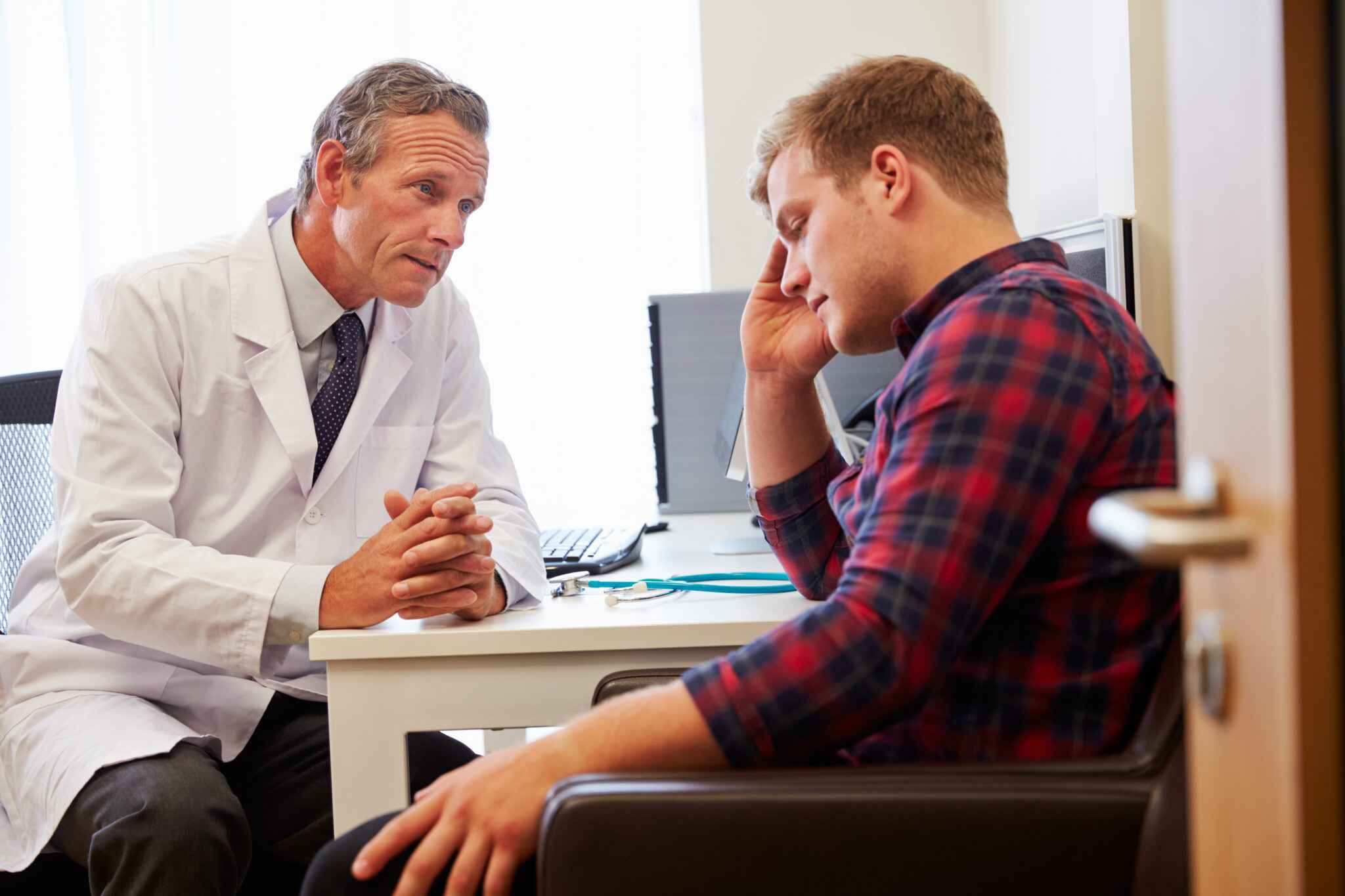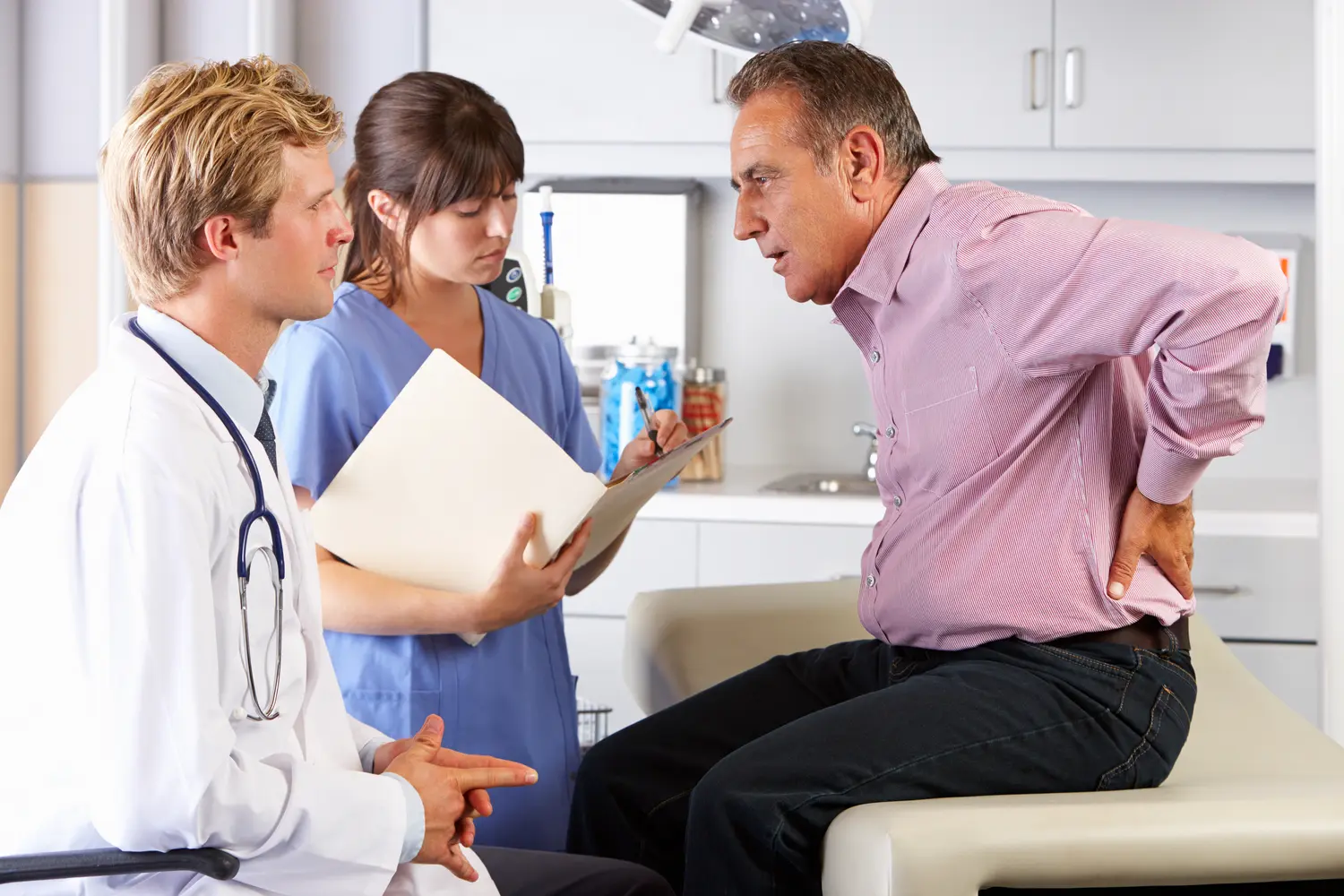After being involved in an auto accident, seeking prompt medical attention is crucial, regardless of whether your injuries seem minor or severe. But which healthcare professional should you see first? In this blog, we’ll guide you through the types of doctors you should consider visiting after an auto accident, ensuring you receive the appropriate care to address your specific needs.
If you’ve been involved in an auto accident and need expert guidance on the right healthcare professionals to see for your specific injuries, don’t hesitate to reach out to Specialty Care Clinics at (469) 545-9983.
Emergency Room Physician
If you or anyone involved in the accident is experiencing life-threatening injuries, such as severe bleeding, head trauma, loss of consciousness, or significant pain, it’s imperative to head straight to the nearest emergency room. Emergency room physicians are trained to handle critical injuries and will stabilize your condition.
Primary Care Physician (PCP)
For injuries that are not immediately life-threatening, your primary care physician can be an excellent starting point. Your PCP knows your medical history and can provide comprehensive care. They can assess your condition, order necessary tests, and refer you to specialists if required.

Chiropractor
If you’re experiencing neck or back pain after the accident, a chiropractor can be a valuable healthcare professional to consult. Chiropractors specialize in treating musculoskeletal injuries and can perform adjustments to alleviate pain and improve mobility.
Orthopedic Surgeon
Orthopedic surgeons are experts in diagnosing and treating injuries related to bones, joints, and soft tissues. If you suspect fractures, ligament tears, or severe joint injuries, an orthopedic surgeon can assess your condition and recommend surgical or non-surgical interventions.
Neurologist
Head injuries or concussions resulting from an auto accident may require evaluation by a neurologist. Neurologists specialize in diagnosing and treating conditions related to the brain and nervous system. They can assess the extent of your head injury and recommend appropriate treatment.
Pain Management Specialist
If you’re struggling with chronic pain or discomfort following the accident, a pain management specialist can help. They can create a tailored pain management plan that may include medications, physical therapy, or minimally invasive procedures to alleviate your suffering.
Physical Therapist
Physical therapists play a crucial role in the rehabilitation process after an auto accident. They can help you regain strength, flexibility, and mobility through targeted exercises and therapies. Physical therapy can be essential for a full recovery, especially after orthopedic injuries.

Psychologist or Counselor
Auto accidents can have a significant emotional impact, leading to anxiety, depression, or post-traumatic stress. Seeking support from a psychologist or counselor can help you cope with the emotional aftermath of the accident and develop healthy strategies for recovery.
Pain Management and Rehabilitation Centers
Comprehensive pain management and rehabilitation centers offer a multidisciplinary approach to care. These centers often have a team of specialists, including pain management physicians, physical therapists, and psychologists, to address both physical and emotional aspects of recovery.
Follow-Up Care
Regardless of which healthcare professional you initially consult, it’s crucial to follow up with ongoing care. Injuries may not manifest immediately, and some conditions may worsen over time. Regular follow-up appointments help ensure that your recovery progresses smoothly.
The type of doctor you should see after an auto accident depends on the nature and severity of your injuries. In many cases, it may be necessary to consult multiple healthcare professionals to address various aspects of your recovery. The key is to prioritize your health and well-being by seeking prompt medical attention and adhering to your treatment plan. By doing so, you can maximize your chances of a full and successful recovery and minimize any long-term complications from the accident.
